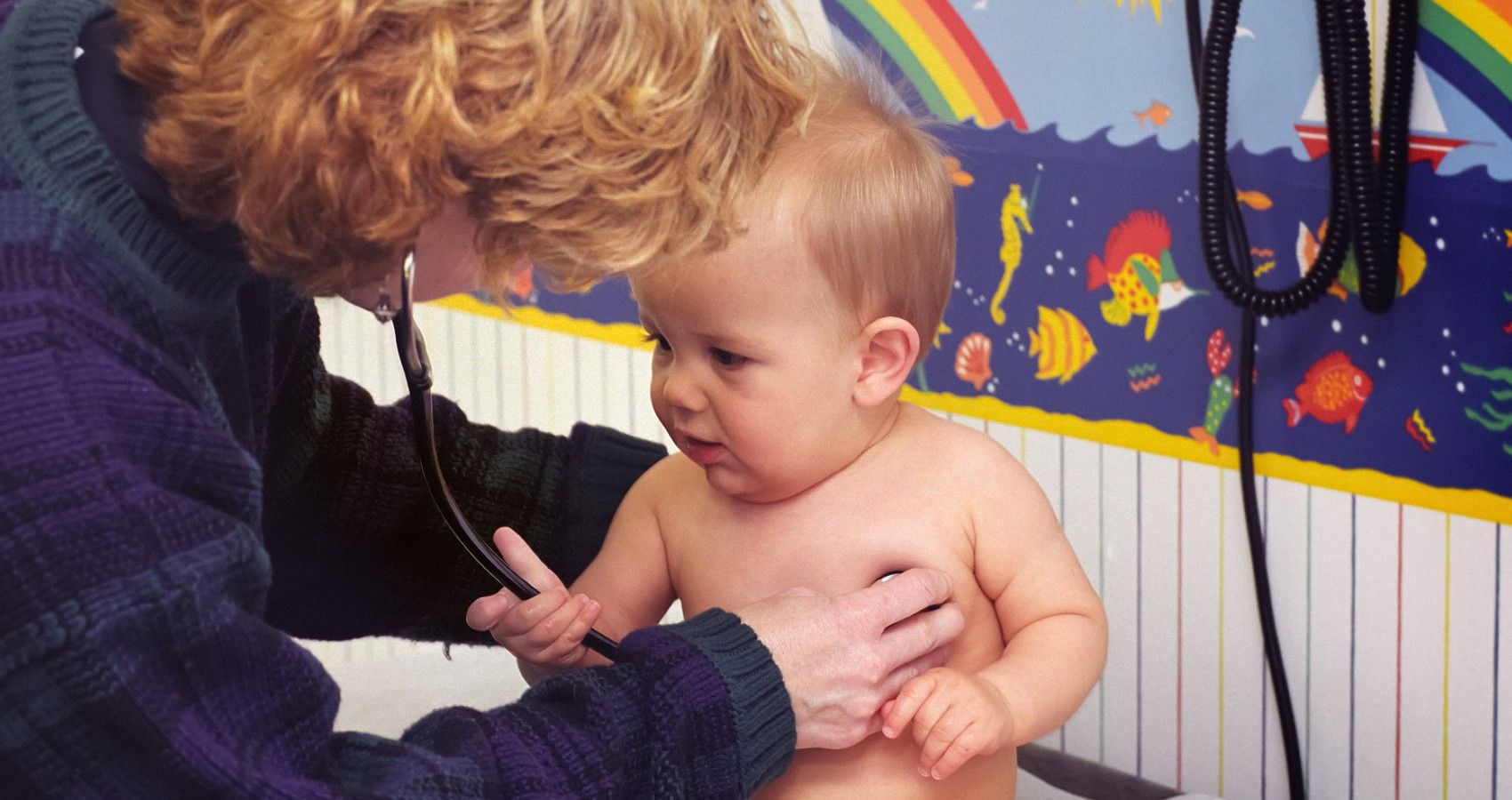Childbirth is a special, wonderful time for many parents. Unfortunately, it can also be an emotional, challenging time if there were complications during their baby’s birth. Approximately 1 out of every 100 newborn babies will suffer from some type of birth-related injury, which is when the baby sustains physical damage or a serious injury during the labor and delivery process. This is never something that a mom expects to happen and can cause unanticipated emotional distress as a result. Parents should know that it is never their fault and that it is possible to move forward.
Here’s what to do next if your baby sustained an injury during birth.
Understand What’s Happened
In order to take the next appropriate steps after a baby is born injured, it's important to wrap your head around what's happened. The occurrence of a birth injury is mostly unpredictable. They happen because of a health-related complication or are connected to difficulties during delivery. There are certain risk factors that could make a birth injury more probable, but that doesn't mean that it will. According to Stanford Children’s, the presence of these factors increases the likelihood that a birth injury could occur:
- Large babies. Birth weight is over about 8 pounds, 13 ounces.
- Prematurity. Babies are born before 37 weeks because premature babies have more fragile bodies and tend to be injured more easily.
- Cephalopelvic disproportion. The size and shape of the mother's pelvis are not favorable for a vaginal delivery.
- Dystocia. Defined as "difficult or obstructed labor".
- Prolonged labor
- Abnormal birthing presentation. For example, a breech position.
- Maternal obesity
If an injury occurred during your birth, make an effort to discuss what happened with your delivering doctor or midwife, the nurses that were present, as well as with any family you had in the room. If you don’t feel up to it right away, you can always jot down your questions and feelings and schedule a follow-up appointment with your doctor. You could also ask your partner to have those conversations for you. Having a full understanding of what went wrong during your baby’s birth will help you find a solution.
Ask Questions About The Injury
Not all birth injuries are the same. Some types involve brain damage or bleeding, facial paralysis, soft tissue swelling, brachial palsy, bone fractures, or subconjunctival hemorrhaging. Many of these issues resolve in a matter of days, some may take longer and require long-term follow-up care, and some never fully heal. It can be difficult to process, but in order to research what your baby is going through, you’ll need to hear the terms from medical professionals. A basic understanding of the prognosis, how it affects baby, and who will help them are the main points.
You can also ask them for specialist referrals or recommendations while you’re still in the hospital, which would save you a step or a future office visit. Some parents also find it helpful to find a local or online community with others in similar situations.
Find Out How To Follow Up
The injury may require some care after you’re no longer in the hospital. Determining the next steps will involve an understanding of where and how your baby is specifically injured. Orthopedic doctors help with bones and joints, while a neurologist treats issues related to baby’s nerves.
For example, if baby is lacking the ability to move their arm, it could be due to a fracture, or it could be due to brachial palsy. Both symptoms may appear similar outwardly, but affect a different part of the baby's arm and require a different physician and plan of action. Physical and/or occupational therapy may be part of baby’s recovery. Ask doctors if this is helpful so that your child can receive appropriate post-injury assistance.
Remember It’s Not Your Fault
Most importantly, parents should never blame themselves for what happened during their child’s birth. It is never the mother’s fault-- there is no way to prevent or predict that this will happen. The best thing that a parent can do for their baby is to allow themselves to process the emotions that can follow a traumatic birth. Many experience feelings of regret, guilt, or shame, falsely believing that the injury was caused by something that they did.
Instead of ignoring these complicated thoughts, it’s beneficial to ensure that parents can appropriately acknowledge the disappointment they feel in what happened and recognize any warning signs that they may need further help. This is a great time to lean on support systems and accept any help you can receive. Your health and well-being are important for helping your baby heal.
Having your precious baby come into this world injured can be scary. If this occurs during your baby's delivery, just know that you are not alone. The reported incidence rate of birth injuries is 9-12 births out of every 1,000. If it happens to you, remember that you and your baby will be just fine. The resources and information on this topic continue to become more and more accessible—helping parents identify the best plan of action for their child’s healing.
Sources: Birth Injury Help Center, StanfordChildrens.org, Verywell Family, Birth Injury Center




